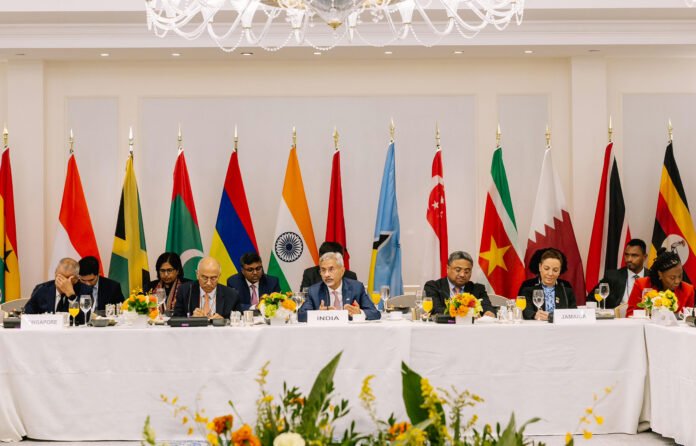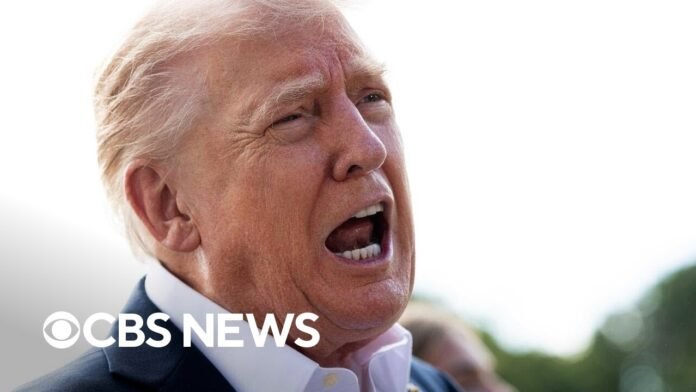India is stepping up as a key leader for the Global South, focusing on building fair partnerships rather than swapping one dominant power for another. A new report from India Narrative urges the country to create cooperative systems that boost dignity and competitiveness for Southern producers, shippers, and regulators. By challenging unfair trade rules while pushing forward new trade corridors in shipping, warehousing, finance, and skills training, countries in the Global South can shift from just following global rules to helping shape them.
Picture this: when smart regulations align with modern infrastructure—like digital tools, green energy projects, and efficient maritime routes—the Global South stops following others’ paths and starts mapping its own future. India, seen as the most trusted voice in this group, should take this strategy to major forums such as BRICS, the Indian Ocean Rim Association (IORA), BIMSTEC, and the India-Africa Forum Summit. The time for bold leadership is right now.
The report warns that simply reacting to external pressures could trap Southern nations in low-value roles within global supply chains. Instead, India and its partners should lead by turning basic compliance into real strategic advantages. This approach could redefine how the Global South trades and grows.
At its core, a trade corridor goes beyond just roads or sea routes. It involves upgrading ports and railways, streamlining border checks, introducing user-friendly digital platforms to cut paperwork, and aligning product standards. If these corridors highlight the strengths of Southern economies, they can open up value chains that prioritize local needs over outside demands.
Take practical examples: a “millets corridor” linking Eastern Africa and Western India could speed up grain trade, while a “green shipping micro-corridor” between smaller Southern ports might slash freight costs, quicken delivery times, and lower carbon emissions—all measurable wins for sustainable trade.
Don’t overlook the basics, the report says. Production grabs headlines, but shipping and warehousing form the hidden backbone of trade. Without smooth logistics, goods either compete globally or get stuck in delays.
People power these systems too, so investing in capacity building—through training and skills programs—can supercharge South-South cooperation. It’s about equipping teams in the Global South to handle everything from port operations to financial planning.
Ultimately, the Global South faces a big decision: keep adapting to rules made far away, or take the wheel? By designing their own trade corridors, systems, and standards, these nations can build pathways that match their unique goals and realities. India is perfectly placed to lead this charge toward a more equitable global trade landscape.
Stay informed on all the latest news, real-time breaking news updates, and follow all the important headlines in world News on Latest NewsX. Follow us on social media Facebook, Twitter(X), Gettr and subscribe our Youtube Channel.



